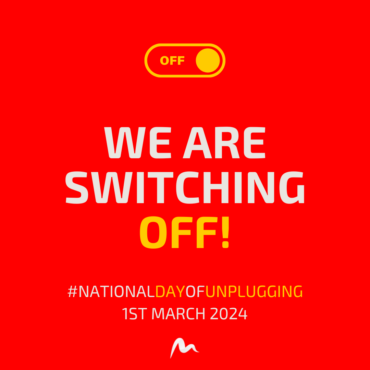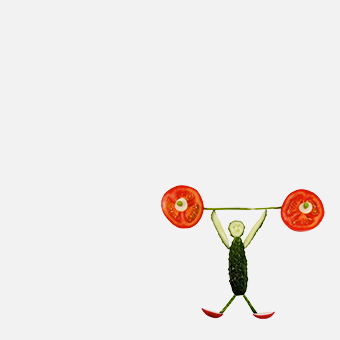We’ve all done it – wandered down the veg aisle, looking at the organic produce. It’s a treat for the eye: a wholesome label, links to a virtuous-looking farm, maybe some good honest dirt thrown in. Better for you, it whispers, better for the planet. Tasty, nutritious and ethical. But how much shine is in that halo? Are we talking health or hype? Morals or marketing? And what about the cost? Is the organic bang worth the extra buck or are we talking fat profits for big corporations?
What is organic food?
Just about everything to do with organic food is tricky, but the short answer is: food grown or reared without man-made fertilisers, pesticides, growth regulators and food additives. In a word – fewer chemicals. Irradiation and the use of genetic modification are also out.
Organic farming has an eye on social, economic and environmental sustainability and favours biodiversity, wildlife and animal welfare.
When it comes to the food you buy, if it’s organic it must be free of artificial colourings and sweeteners. And if it’s made of different types of food – a ready meal say – at least 95% of the ingredients must be organic. EU rules require organic food to be certified by an organic certifying body – in the UK, look for a Soil Association certificate. So there’s lots to recommend it.
Is it better for you?
According to the scientists the answer is: maybe, but not very much. Repeated tests have failed to show that organic food is significantly more nutritious than food grown the ordinary way. Although organic food frequently contains more vitamins, minerals and Omega 3s, the difference is small. Organic food should be free of man-made pesticides and heavy metals. But most non-organic food contains only tiny traces of them – and are considered safe for human consumption.
Is it tastier?
Taste is a tricky thing to judge, but the evidence suggests not – or, again, not much. Test after test where people didn’t know if they were eating organic or conventional showed no, or very little, difference in taste.
What about the cost?
When it comes to cost, the difference is easier to measure – and as we all know, organic is almost always more expensive. It’s not easy to generalise. A quick search of the web suggests that organic is anywhere between 25 and 300 per cent more expensive than conventional – although just to add confusion, some can be cheaper.
Go direct
Although the health benefits of organic maybe modest, many people like them for good environmental and animal welfare reasons. And one way of getting a regular supply at reasonable prices is to go direct. There are a bunch of suppliers out there ready to drop you a weekly box of organic fruit and veg sourced from local sustainable suppliers – so you get good fresh food that’s easy on the environment.
Quality matters
Whether you go organic or conventional, the quality – and freshness – of your food matters. Fresh food is better for you – and tastier. And great food doesn’t have to be certified organic, but it does have to be looked after: think smoked wild salmon, Serrano ham, a grass-fed Aberdeen Angus steak, a hand-pressed West Country cheddar. Whatever your preference – and your wallet – freshness and quality count. And remember, frozen veg often retains loads of goodness, so quality doesn’t always mean cost.


















